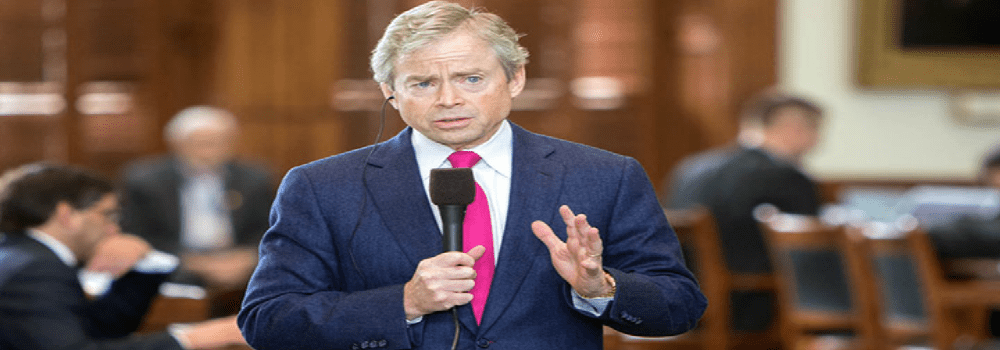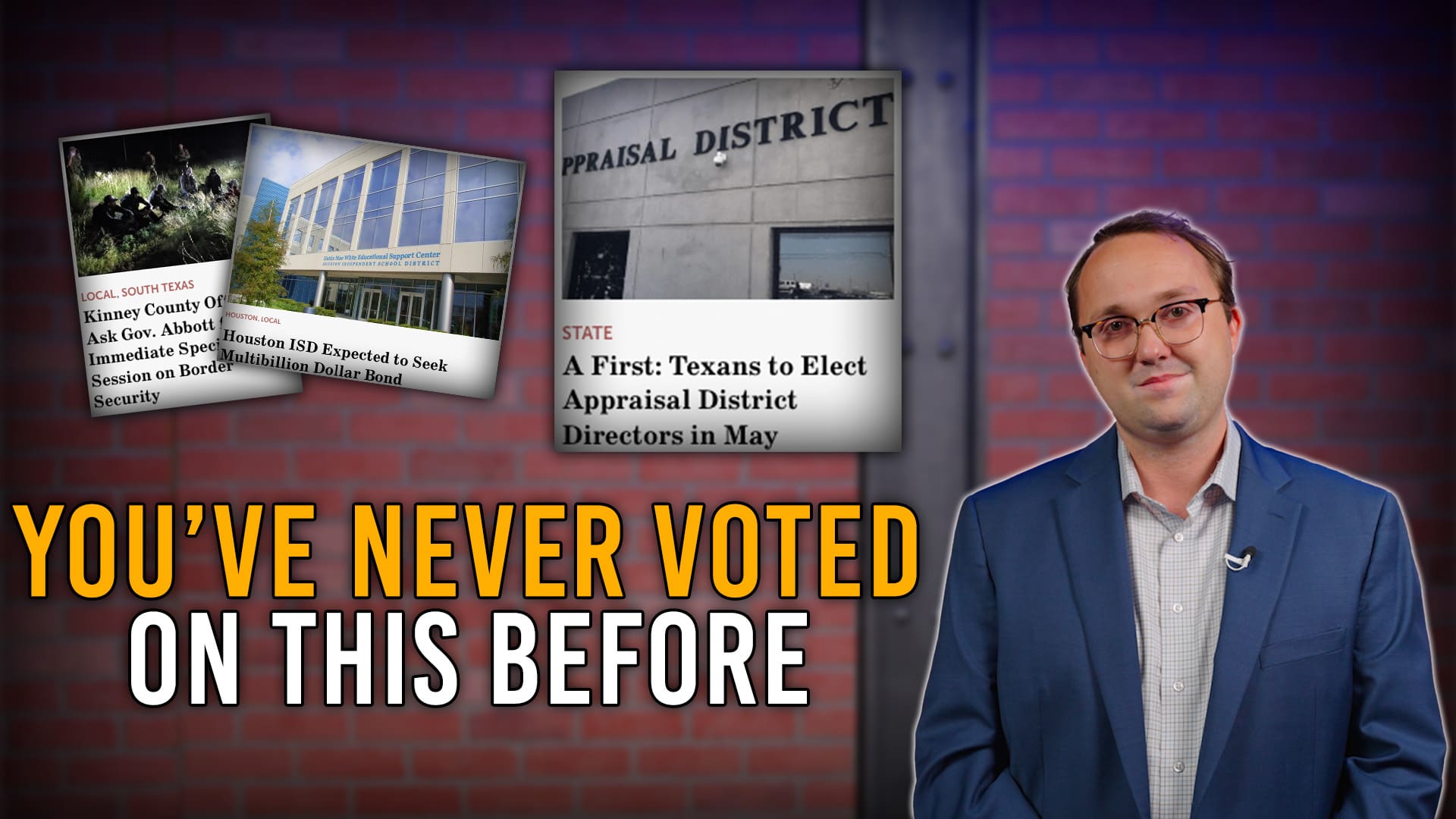State Sen. Don Huffines (R-Dallas) has joined the Senate Finance Committee in the fight against the ineffective and counterproductive Driver Responsibility Program, or DRP. Established in 2003 with the intent of raising money for roads and trauma centers, the DRP fines “bad drivers” surcharges for certain moving violations. In practice the program has done far more harm than good for Texans, and it is riddled with negative, unintended consequences.
The regressive program operates by levying drivers an additional surcharge on top of an initial received citation, making drivers pay twice for the same offense. The system has faced intense criticism for failing to properly notify offenders as fees continue to rack up, amounting to what Huffines called a modern day “debtors’ prison.”
“The DRP is state government at its worst. By causing over 1.2 million Texans to lose their drivers licenses the program ruins lives and erects a barrier between honest, hardworking Texans and their livelihoods,” said Huffines. “Without a means to get to work, too many Texans are losing their jobs thanks to state government’s hunger for money.”
“While getting the state’s finances right is important, I’m most concerned with the financial situation this program forces on my constituents and millions of other Texans who the state is entrapping in a debtors’ prison,” he added.
As Huffines notes, the failure of the DRP is obvious.
Far from a public good, the DRP disproportionately hurts Texan low-income families. A study conducted on an almost identical program in New Jersey found these punitive measures have actually yielded higher rates of uninsured, unlicensed driving rather than lower ones.
In Texas, over 1.2 million drivers have lost their licenses due to unpaid surcharges and find themselves unable to buy insurance until their fees are paid, but significant numbers of them continue to drive.
Furthermore, a majority of individuals with suspended licenses are either unable to continue their employment or face serious challenges in finding new employment. Even former State Rep. Mike Krusee who helped draft the legislation, admitted that,
“My feeling right now is we definitely made a mistake – that it’s overly punitive,” said Krusee. “ … I think it’s past time to either revise or repeal the program.”
Despite the program’s failure being no small secret, repeal efforts stalled in the last legislative session since a large portion of surcharges collected go to fund Texas trauma centers. To address this, legislators like Huffines and other members of the Texas Senate are discussing alternative methods—such as allocating general revenue— to fund them in lieu of surcharges.




